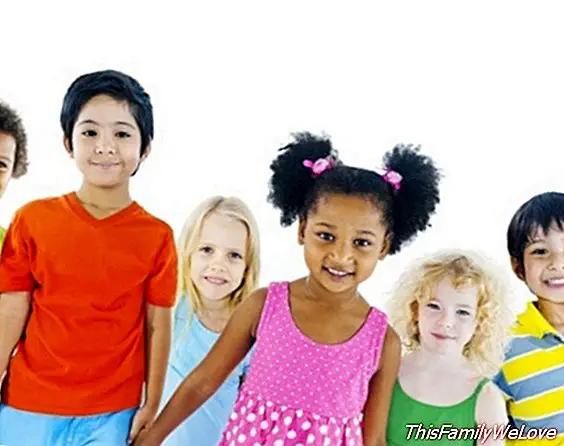Educate children in the conduct of peace


Resolve conflicts without sticking, sharing toys, giving your opinion without being ashamed ... All parents want our children to know live in peace and without injustice. Parents have the power to see a world centered on values. A future reality based on responsibility, on nonviolence, on humility and honesty, can be our beginning to educate our children.
The September 21 is the International Day of Peace, dedicated to commemorate and strengthen the ideals of peace in each nation, in each town and among them. Therefore, what better way to involve these values of harmony and coexistence in the education of our children.
Peace is a three-letter word whose meaning encompasses an entire world. According to the United Nations, educating in the culture of peace focuses on a series of "values, attitudes and behaviors that reject violence and prevent conflicts, trying to attack their causes to solve problems through dialogue and negotiation between people, the groups and the nations. " The culture of peace allows men resolve conflicts through dialogue, mutual understanding and the appreciation of diversity. That peace is built, learned and taught.
Conduct of peace: education in children
Start from Early Childhood Education. Peace must act as a support for this educational system, being the first link in the education of children. Only with an education from the first stage of childhood, we will be able to promote peace in children. From the initial or pre-school education, fostering harmony and educating them in values will help them to be formed and developed from the beginning.
Teachers It is important that the teachers have the necessary pedagogical and methodological procedures that allow them to form in the children the norms, values and behaviors towards peace.
Rejecting violence. In this way, the child will be accustomed to these values, both at home and at school, which will condition his performance in the future and which will last throughout his life.
How to educate the values of peace
1. Give example
If you let yourself be carried away by anger, and you can not control your reactions, what is the message your child receives? That problems are solved by screaming and hitting. Children learn much more from the attitudes and examples of their parents than from words and advice. If one day you are wrong, apologize, in this way you will teach your child that mistakes are learned and that they should ask for forgiveness.
2. Give love and care
The presence of care and attention is necessary, but not only by parents, it is also advisable that the child receives attention and is present in the love and respect shown by adults.
3. Develop empathy
The child must develop empathy and understand what it really means to hurt another person. If at any time you hit or have an exaggerated reaction with another partner, the important thing is not to make you apologize immediately, since you can do it mechanically without hardly feeling sorry. What we should do is ask the child how you think the other person feels, that he or she can be aware of the pain he or she has caused, and what it means to physically or verbally hurt others.
4. Pay attention
Never isolate a child or adolescent who presents aggressive or violent attitudes. If we want to find a solution, we should never turn our backs on it. Children who usually show bad behavior are those who need more attention and dialogue from their parents.
5. Encourage the care of the Environment
Not only peace focuses on nonviolence, both verbally and physically, to another being, caring for your planet guarantees values such as cooperation, respect and responsibility for making the world a better place.
Noelia de Santiago Monteserín




